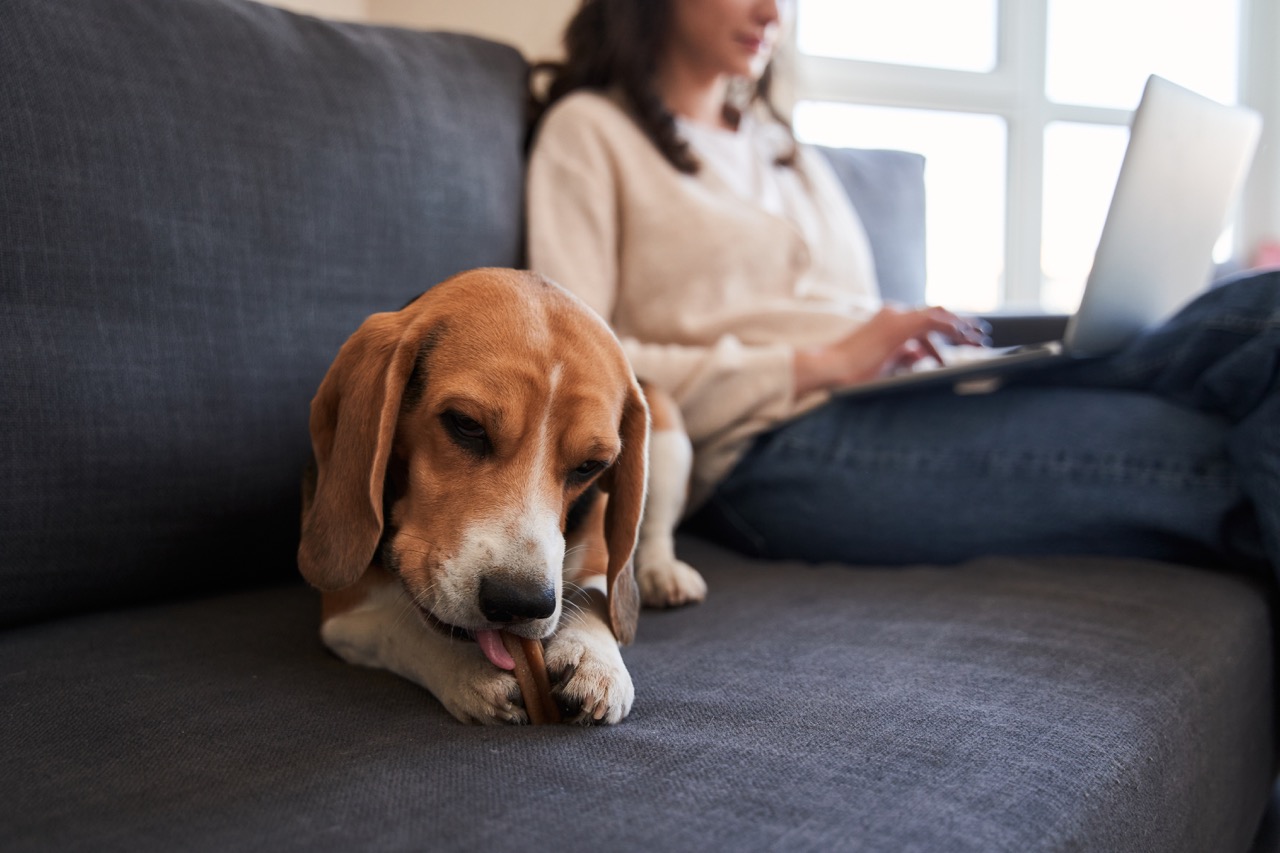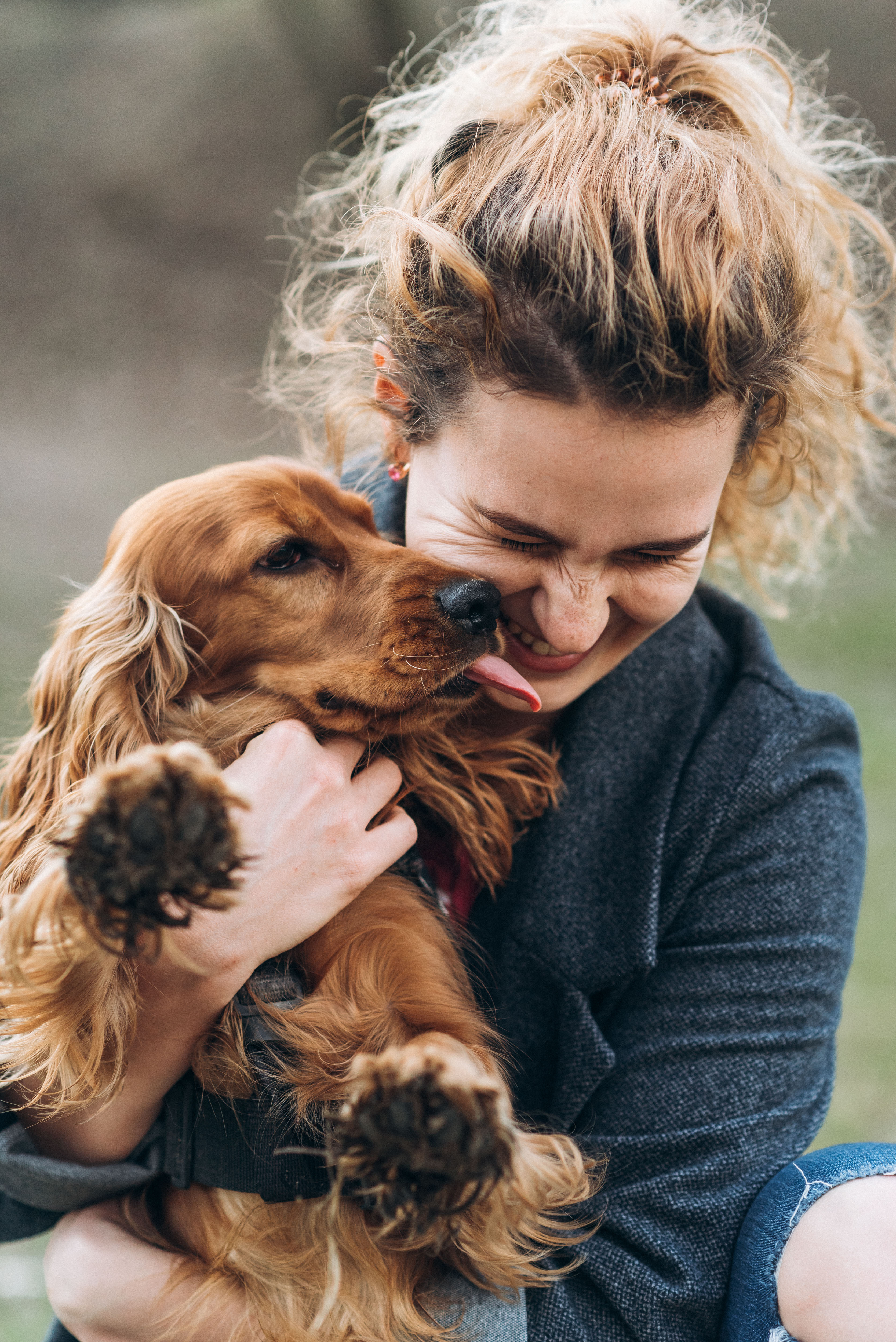Importance of Microchipping Your Dog
If you’re a pet owner and live in a large city like Houston, microchipping your dog is extremely important. No matter how careful or cautious you are with your pets, life is unpredictable and things can happen. It only takes a moment of distraction or forgetfulness where you leave your backdoor gate open or let go of your dogs' leash for a moment for them to run off and go missing.
Even if your dog has a collar with identification tags, they won’t do any good if no one can find your dog. There’s also the possibility of someone finding your dog and deciding to keep him or her for themselves. Finally, it’s possible for your dog's collar to fall off or for the tags to get scratched and be unreadable. No matter what the reason is, it’s good to have a backup plan in place if your dog happens to go missing.
- What is Microchipping?
- How Does Microchipping Work?
- Why is It Important to Microchip Your Dog?
- What Does a Pet Microchip Tell You?
- Conclusion


What is Microchipping?
While the idea of microchipping might sound conspiratorial or invasive to your dog, it’s actually just the opposite. Microchipping is when a small chip, usually the size of a single grain of rice, is injected into your dog just beneath their skin. The chip isn’t inserted anywhere that it could cause your pet to have health issues and is a very safe method of keeping track of your pet.
It’s important to note that a microchip in your pet doesn’t act as a tracking device. You can’t use your phone to look at the GPS coordinates of your missing dog or cat. To do that, you’ll have to invest in a pet tracking device which is a separate piece of equipment.
Instead of serving as a GPS tracking device, microchipping is useful for when a pet shows up at a rescue shelter. It’s a backup plan for if your dog's collar has fallen off or if the tags are unreadable. The microchip inside your pet will contain the following information.
- Your dog's name.
- Your contact information.
- Any health conditions your dog might have that require special medication.
Microchips can only be read by special scanners that most vet clinics and rescue shelters are equipped with. Therefore, you can rest assured that your personal information will be safe and secure from prying eyes.
How Does Microchipping Work?
In this section, we’ll look at how microchipping your dog will work as well as how rescue shelters use microchips to get your contact information.
The Injection Process
- You make an appointment with your veterinarian and inform them you would like to microchip your pet.
- Upon your arrival, your vet will take your dog's health history and perform a brief exam.
- To microchip them, your vet will use a needle and syringe to inject the microchip just beneath your dog's skin.
- The injection is typically made near the neck to avoid any vital organs.
- The process is very similar to giving your dog a vaccine or medication via injection.
- It’s quick, relatively painless, and doesn’t have the risk of any long-term side effects or infection.
- Microchips are permanent, which means that you should never have to administer a second microchip.
- Because they are beneath the skin, microchips also can’t fall out or go missing.

How Microchips are Read
- If your pet goes missing and shows up at a rescue shelter or vet clinic, they are automatically scanned for a microchip.
- The scanning process is similar to having your body scanned with a hand wand to check for metal.
- The worker at the clinic will wave the scanner around your dog's neck and any other part of their body that might hold a microchip.
- If your dog has a microchip, it will give off a unique radio frequency that only your dog’s microchip has.
- The person with the scanner can then use the frequency to pull up your personal information and gather your contact information.

What Does a Pet Microchip Tell You?
Like we said before, a microchip isn’t a tracking device containing the GPS coordinates of your pet's location. What it does contain, however, is your pet's name and your contact information. Some modern microchips also allow you to store any pertinent medical information on the database that’s unique to your microchip.
Be advised that not all microchips have medical history capabilities. For that, you’ll have to purchase a special type of microchip.

Why is It Important to Microchip Your Dog?
Microchipping your dog, cat, or any other type of pet is extremely important. It’s a quick, easy, and painless process that will help to ensure the safety of your dog if they go missing. A recent study showed that nearly 10 million dogs and cats go missing each year. An additional study has shown that one out of every three pets will go missing at some point in their lives. When they go missing, nine out of ten pets never return to their original home.
Microchipping is a very small sacrifice to make to ensure the safe return of your pet if they go missing. The only way it won’t pay off is if your pet is found by a dishonest person who doesn’t take them to a rescue shelter, or if your pet is involved in an accident. However, if your pet makes it to a shelter, their safe return to you is all but guaranteed as long as they’re microchipped.
Conclusion
While microchipping your pet won’t completely prevent your pet from going missing, it’s certainly a step in the right direction. It’s one of the best ways to ensure their well-being and safe return should they go missing. Microchipping your pet, in addition to having a collar with up to date tags is the best way to ensure their safety.
Owning a pet is a huge responsibility. Only you can keep them safe and make sure they don’t go missing. Make sure to always have them on a leash if they’re not in a penned in area and never to take your eyes off of them.





